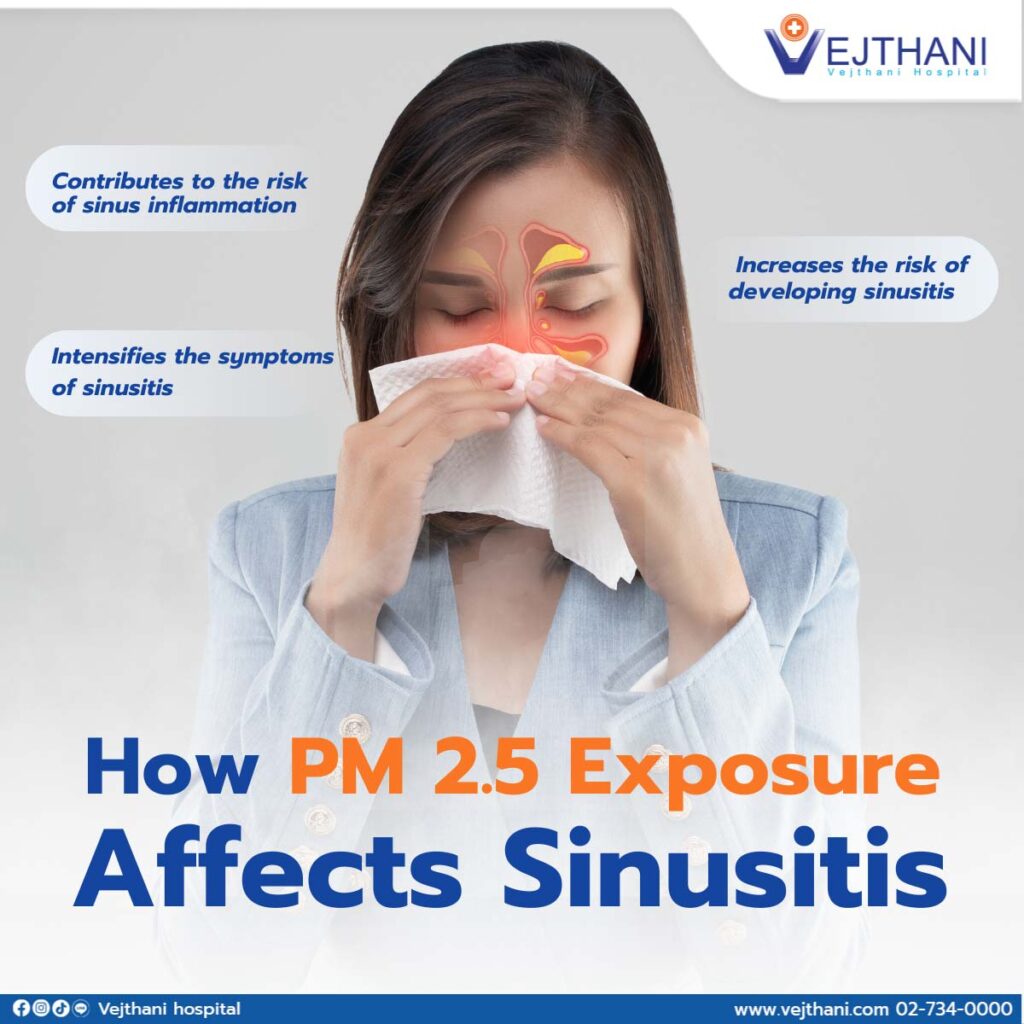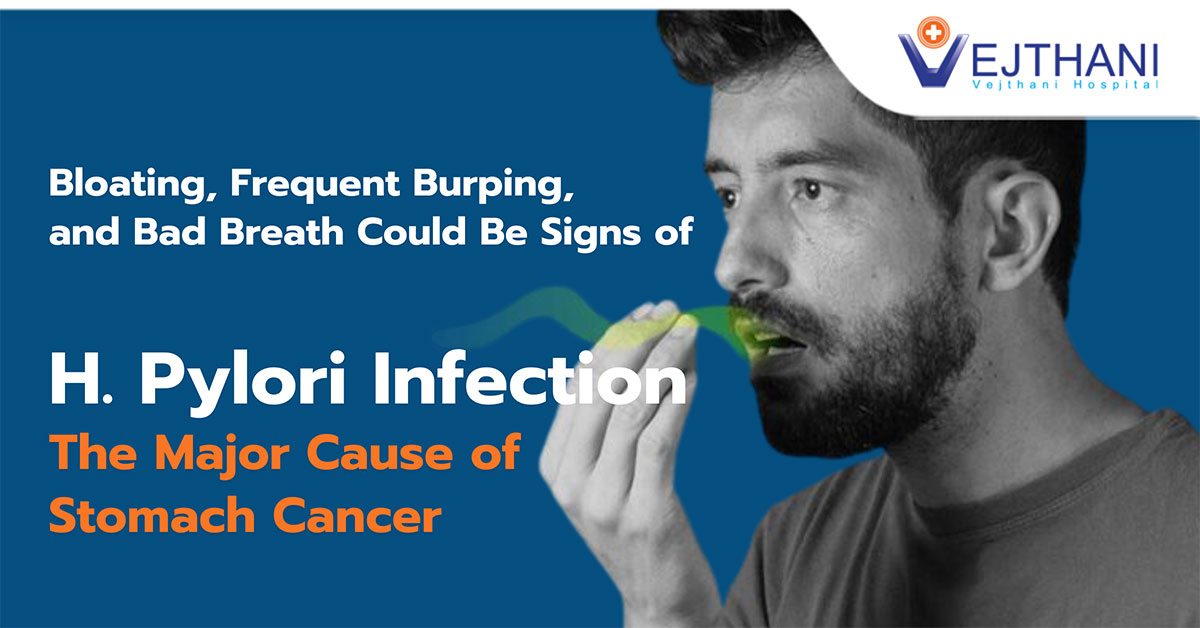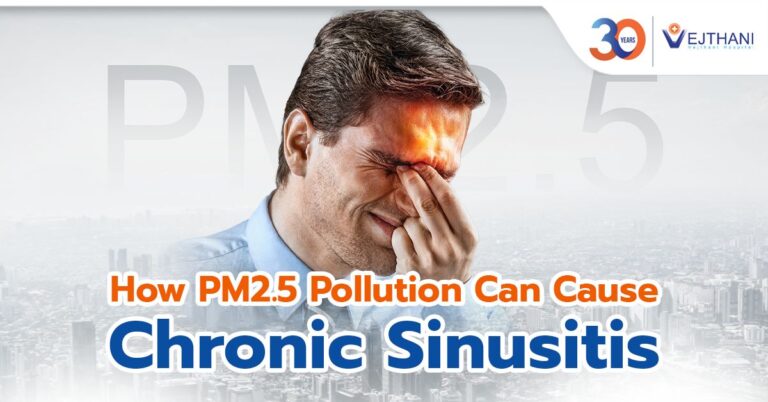

Lately, there has been a noticeable increase in PM 2.5 dust, which can trigger inflammation in the body. While not everyone experiences it, this inflammatory response can sometimes lead to facial pain, including headaches, pressure around the eyes and cheekbones, and congestion. These symptoms may resemble sinusitis.
Our skulls contain air cavities called sinuses, nestled around the nose and forehead. These hidden chambers play a critical role in our well-being. They act as resonating chambers, enhancing the sound of our speech and giving it richness. Sinuses gently warm and moisten the incoming air as we breathe, protecting our delicate lungs. Their lining traps dust, germs, and other airborne particles, shielding the deeper airways and nose from harm. However, these vital cavities can become inflamed, resulting in sinusitis. This often happens when irritants like dust, germs, pollution, or toxins trigger inflammation in the sinus lining. PM 2.5 dust can activate inflammatory immune cells and promote the release of pro-inflammatory cytokines in the sinus lining, causing:
- Stimulates the inflammation of the sinus lining, causing nasal congestion, runny nose, postnasal drip, facial or headache, coughing, sneezing, difficulty breathing, and some people may have a foul odor from within the nose.
- Exposure to PM 2.5 dust can intensify existing sinusitis symptoms.
- Children residing in areas with high PM 2.5 levels may have a higher risk of developing sinusitis.
With PM 2.5 pollution on the rise, protecting yourself by minimizing your exposure is essential. Wear a mask outdoors, especially in high-traffic areas, construction zones, or industrial areas. For individuals with sinusitis, maintaining good hygiene is crucial. This includes daily nasal rinsing with saline solution and avoiding irritants like cigarette smoke, perfume, strong chemicals, and household allergens like dust mites and mold.
If your symptoms persist or worsen, consult a doctor for proper diagnosis and treatment.
For more information, contact
ENT Center, Vejthani Hospital
Call 02-7340000 or Ext. 3400
English Hotline: (+66)8-522 38888
- Readers Rating
- Rated 5 stars
5 / 5 ( Reviewers) - Spectacular
- Your Rating

























